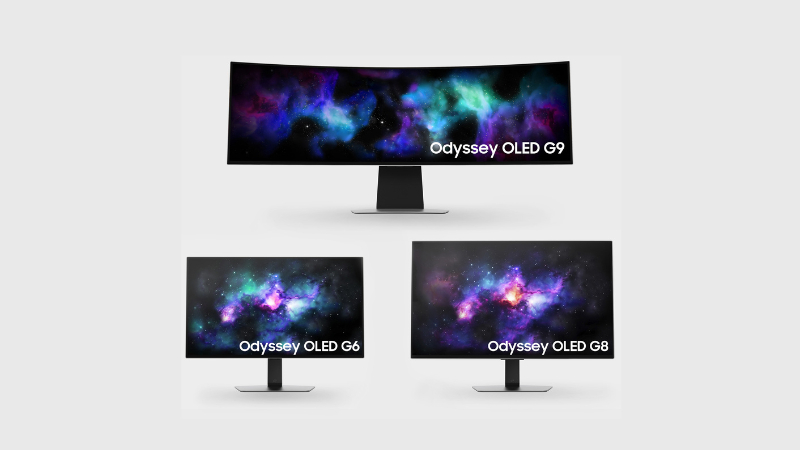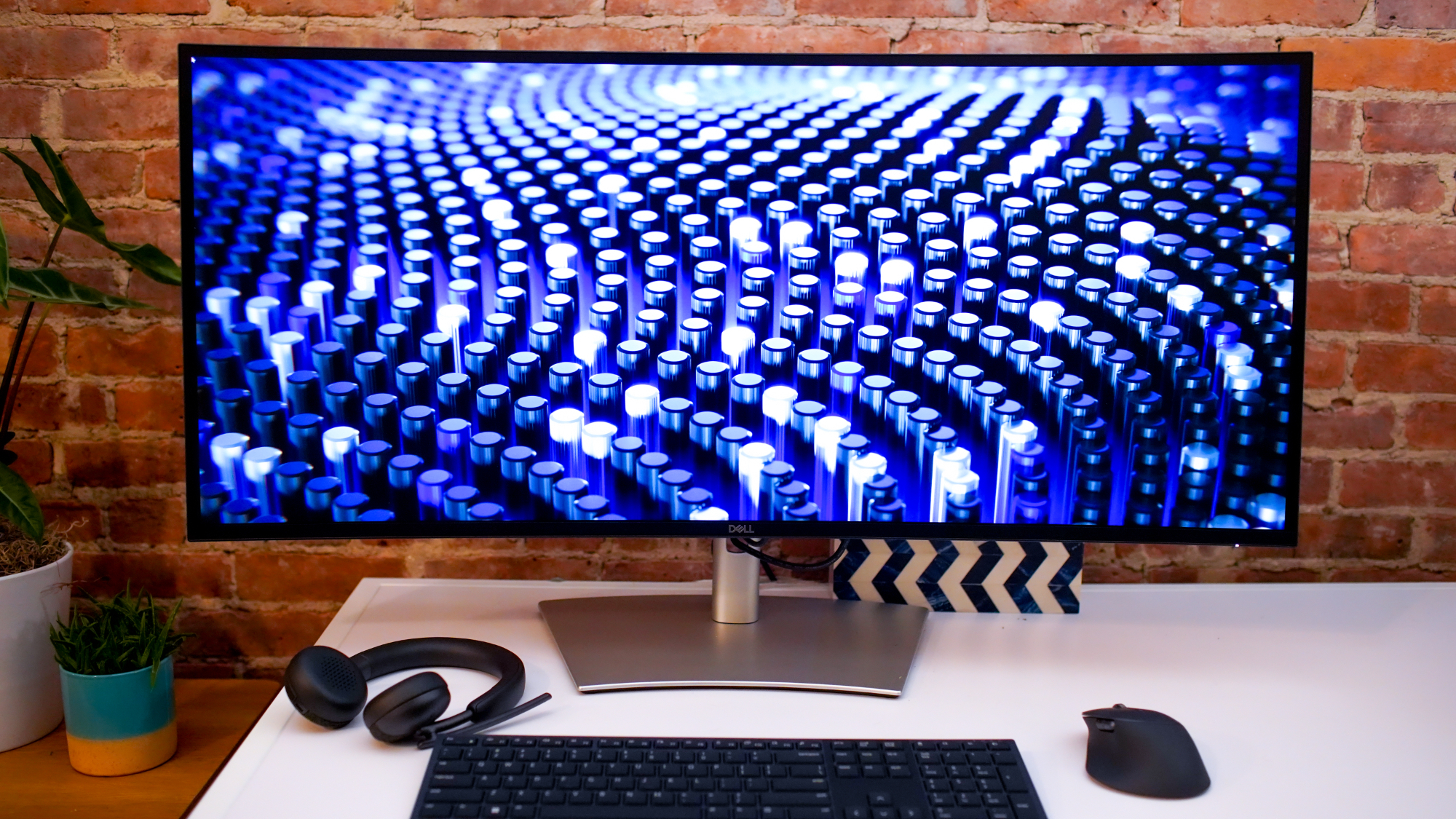
Nothing screams CES like a fat load of eye-popping new monitors, and 2024 has already started delivering them in spades. With Dell and Samsung already waving incredible new displays around and more sure to follow, Mac users are left with more choices than ever before regarding the perfect pixel companion, and Apple needs to respond.
Right now, Apple offers two Mac displays that are undeniably potent. There’s the 27-inch 5K Studio Display and the eye-watering 32-inch 6K Pro Display XDR. Since the latter is a $5,000 behemoth targeted at the ultra-power user, I’d like to focus on Apple’s smaller Studio Display, a monitor that is dangerously close to becoming obsolete in very short order.
The Studio Display hasn’t had an easy life and got off to a rocky start when it was released last year. It was panned by a lot of reviewers for its crummy webcam but was also unfairly criticized by people who’d missed the point. A 5K monitor fills an incredibly niche customer need for Mac users because it’s the perfect resolution at which to display macOS at twice the size without ruining the proportions. As such, there’s definitely a market for it, Apple just stumbled out of the blocks a little.
The Studio Display ruled the 5K roost until the middle of 2023, when the Samsung ViewFinity S9 came along. The ViewFinity S9, like the Studio Display, is a 5K 27-inch display. However, it boasts a matte finish as standard and a much more favorable $1,300 tag, often reduced to sub-$1000 during major sales events. With the same 600 nits of brightness and a 4K webcam, the ViewFinity S9 was the first shot across the bow for the Studio Display, a warning to Apple that it can’t be complacent when it comes to selling great Mac monitors. Now, with CES at the door, that has never been more true.
Samsung strikes again

Earlier this week, Samsung unveiled its expanded Odyssey Gaming monitor lineup ahead of CES, with three epic new OLED models. While some Mac users might not favor a gaming monitor as their display of choice, the Odyssey OLED G9, G8, and G6 each reveal just how potent the world of display expansion is beyond Apple’s wall.
The G9 is a new curved ultra-wide gaming monitor with a 5120x1440 resolution and a 32:9 aspect ratio. Meanwhile, the new 4K G8 is a 32-inch OLED panel with 240Hz refresh rate and epic response times. Anyone who wants to use a Mac and do any kind of gaming on a console or PC will surely be looking sideways at those models before they’d consider anything Apple sells. I know this isn’t an Apple-to-apples comparison, but Samsung is one of several companies consistently banging out great displays year in and year out, whereas Apple’s display cycle is very long and not really that exciting.
Another blow from Dell

Much closer to home for Mac users, Dell unveiled a stunning new 40-inch 5K monitor this week. The U4025QW features DisplayHDR 600, 5120x2160 resolution, IPS technology, and a 120Hz refresh rate for use with lower resolutions. At first glance, it looks like the ultimate monitor for work, and a bit of play too. That 5K resolution will score you the all-important macOS scaling, while HDMI 2.1, DisplayPort, and Thunderbolt 4 give you plenty of connection options, the latter including 140W of power delivery for MacBook users.
There are a few key disadvantages, however. Being a 40-inch monitor, it clocks in at $2,399, doesn’t have LED, and doesn’t have a webcam like the Studio Display (although some people would argue the Studio Display’s webcam is a disadvantage.) All-in-all though, it’s an impressive package and one sure to pique the interest of prospective buyers.
There was a time when the only 5K Mac monitor was the crappy LG UltraFine, then for about a year, the Studio Display was king. Now, however, the display market is moving so quickly that I fear Apple risks being left behind if it doesn’t pull another rabbit out of the hat soon.
Rumor has it that Apple might have a new 27-inch mini-LED display in the works that supports Apple’s variable ProMotion refresh rates up to 120Hz. Our last rumored date for that was a very nebulous “2024 or early 2025,” plenty of time for rivals to pull out an even bigger lead.







